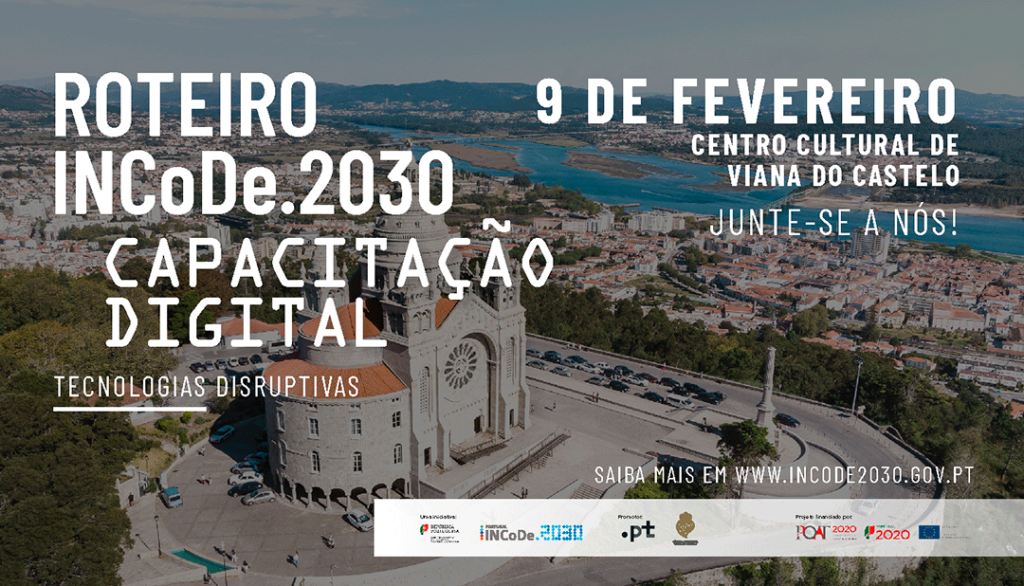Decision 2022/2481 of the European Parliament and of the Council was published establishing the Digital Decade program for 2030, aimed at creating a favorable environment for innovation and investment, for the digital transformation of the Union and the achievement of digital goals at Union level by 2030.
This decision was based on the proposal “Guidelines for Digitization to 2030: Europe’s way to the Digital Decade”, where the Commission defined its vision for 2030 to empower citizens and businesses through digital transformation.
Therefore, the general objectives of the Digital Decade program for 2030 are as follows:
The aim is to promote a digital environment centered on fundamental rights, in which digital, secure and interoperable services and technologies respect and reinforce the principles, rights and values of the Union and are accessible to all across the EU;
The aim is to ensure the EU’s digital sovereignty in an open way, in particular through secure and accessible digital and data infrastructures;
Promoting the implementation and use of digital capabilities, with a view to reducing the digital geographic divide;
High focus on an EU digital regulatory framework to help EU businesses, in particular SMEs, to compete fairly across global value chains;
Improve resilience to cyber-attacks, raise awareness of risks and knowledge of cybersecurity processes and increase the efforts of public and private organizations in this area.
Regarding the digital goals, it was established as follows:
In the population field, having a population endowed with digital skills and highly qualified professionals in the digital sector, with the objective of achieving a gender balance, in which: at least 80% of people aged between 16 and 74 years have at least basic digital skills; and at least 20 million ICT specialists work in the Union, while promoting women’s access to this field and increasing the number of ICT graduates.
Secure, resilient, efficient and sustainable digital infrastructures: all populated areas should be covered by next generation high-speed wireless networks, with a performance at least equivalent to 5G, in accordance with the principle of technology neutrality.
The digital transformation of companies should also be felt, as an example of this it is intended that more than 90% of SMEs in the EU reach at least a basic level of digital intensity;
Digitization of public services: it is intended that 100% of essential public services are provided electronically and, where applicable, citizens and businesses in the EU should be able to interact in this way with public bodies and platforms, and also 100% of EU citizens have access to their electronic health records.











